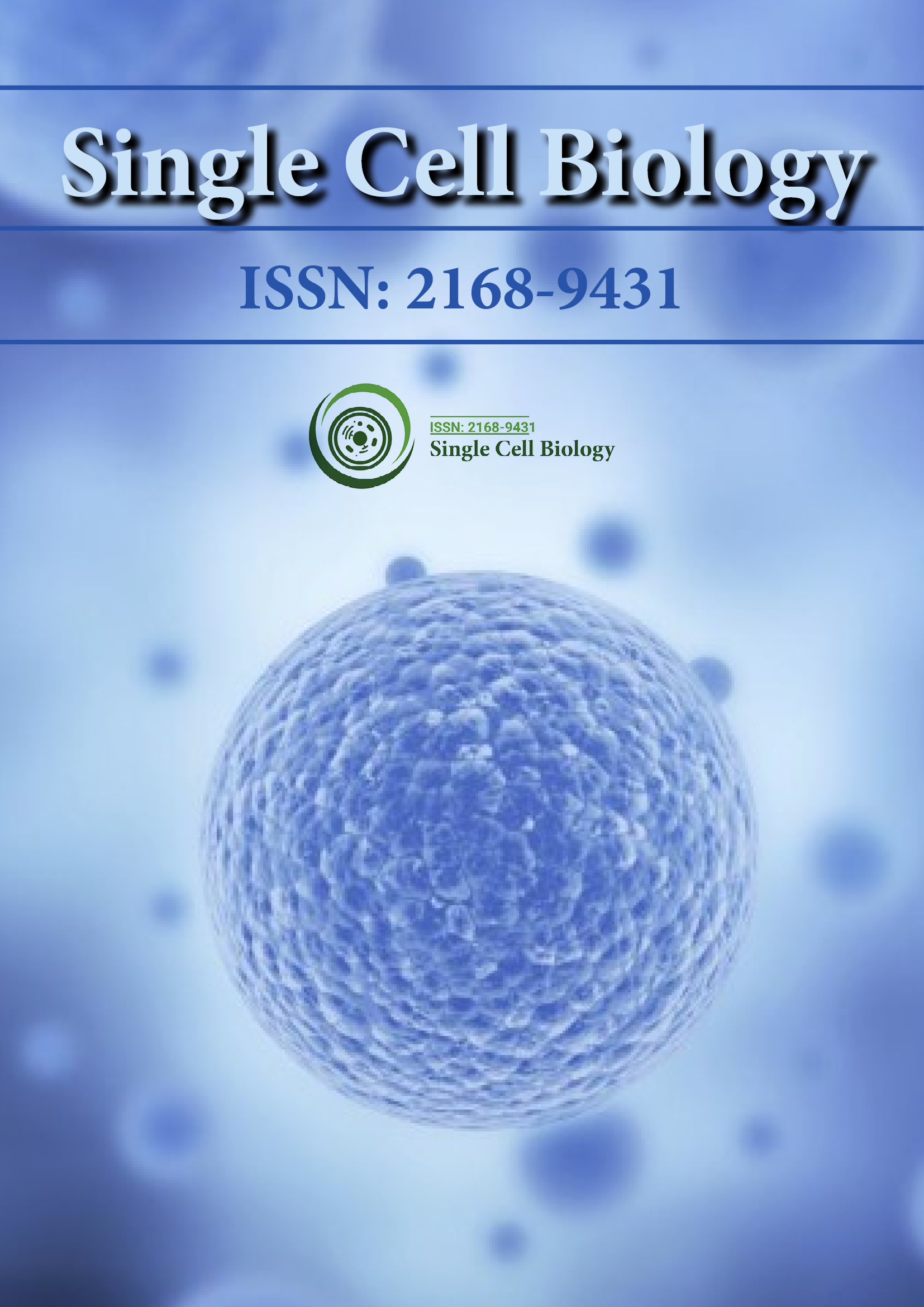Indexé dans
- RechercheBible
- CiteFactor
- RechercheRef
- Université Hamdard
- EBSCO AZ
- Publions
- Fondation genevoise pour la formation et la recherche médicales
- Pub européen
- Google Scholar
Liens utiles
Partager cette page
Dépliant de journal

Revues en libre accès
- Agriculture et aquaculture
- Alimentation et nutrition
- Biochimie
- Bioinformatique et biologie des systèmes
- Business & Management
- Chimie
- Génétique et biologie moléculaire
- Immunologie & Microbiologie
- Ingénierie
- La science des matériaux
- Neurosciences & Psychologie
- Science générale
- Sciences cliniques
- Sciences environnementales
- Sciences médicales
- Sciences pharmaceutiques
- Sciences vétérinaires
- Soins infirmiers et soins de santé
Abstrait
Mise à jour des recherches mondiales sur le cobia (Rachycentron canadum) : un poisson prometteur pour l'aquaculture marine en eau chaude
Rodríguez-Estrada
Français Une mise à jour de la recherche mondiale sur le cobia (Rachycentron canadum) : un poisson prometteur pour l'aquaculture marine en eau chaude Rodriguez-Estrada, Uriel1 . 1 . SAGARPA (Secrétariat de l'agriculture, de l'élevage, du développement rural, de la pêche et des perspectives alimentaires du gouvernement mexicain), Veracruz, Mexique. Le cobia (Rachycentron canadum) est considéré comme l'un des candidats les plus appropriés pour l'avenir de l'aquaculture de poissons marins en eau libre et chaude dans le monde. Il représente l'un des plus grands potentiels en raison de ses caractéristiques les plus souhaitables, telles qu'un taux de croissance rapide (jusqu'à 10 kg en 1 an), une bonne qualité de chair, l'adaptation et la tolérance aux variations de température et de salinité. Au fil des ans, le cobia (R. canadum) a fait l'objet de recherches depuis 1975. Actuellement, la Chine est le principal pays produisant des publications scientifiques sur différents aspects de la recherche sur le cobia. La première enquête sur cette espèce a été signalée en Caroline du Nord où une collecte d'œufs de cobia capturés dans la nature a été réalisée. Les chercheurs ont conclu que le cobia (R. canadum) avait un bon potentiel aquacole en raison de sa croissance rapide et de la bonne qualité de sa chair. D'autres études initiales ont été menées aux États-Unis et à Taiwan (fin des années 1980 et début des années 1990) où les chercheurs ont étudié plusieurs aspects : le frai, la production de grandes quantités d'alevins de cobia (R. canadum) et la croissance des juvéniles dans des systèmes de cages près du rivage. Depuis lors, la recherche sur le cobia (R. canadum) a concentré son intérêt sur différents aspects : description de l'espèce (taxonomie, distribution, biologie et cycle biologique), pêche (environnement, capture, transformation), reproduction, physiologie (métabolisme, toxicologie, santé), pathologie (maladies bactériennes, maladies virales, parasites, diagnostic, prévention et traitement), nutrition (besoins nutritionnels, formulations d'aliments, régimes alimentaires, aliments vivants/frais, additifs), génétique et pratiques aquacoles (élevage en cage, élevage en eaux intérieures, gestion de la culture, économie). Cette présentation analyse les progrès historiques, les avancées les plus récentes de la recherche et les perspectives d'avenir de la recherche sur le cobia (R. canadum) dans le monde. Mots clés — Cobia, Rachycentron canadum, recherche, monde entier